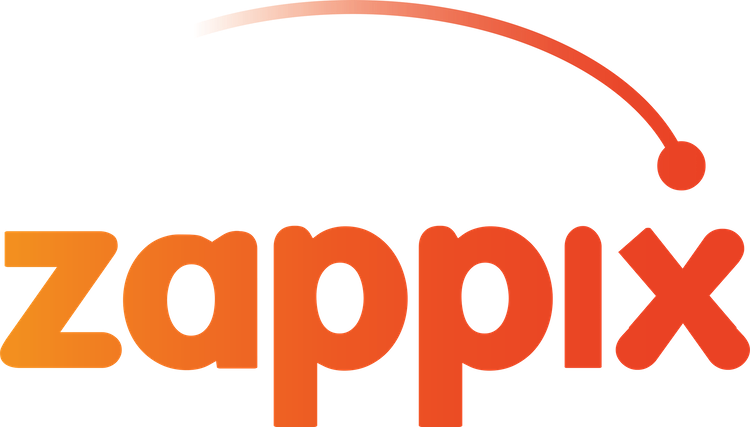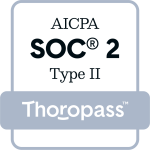In today’s fast-paced digital age, on-demand apps have transformed numerous aspects of our lives. One of the most profound impacts of these apps can be seen in the healthcare industry. On-demand healthcare apps are revolutionizing the way patients engage with their healthcare providers, making healthcare more accessible, convenient, and patient-centered than ever before. In this blog, we’ll explore how on-demand apps are reshaping patient engagement in healthcare.
Seamless Appointment Scheduling
Gone are the days of endlessly waiting on hold to schedule a doctor’s appointment. On-demand healthcare apps often come with user-friendly interfaces that allow patients to schedule appointments effortlessly. Many of these apps also provide real-time availability, enabling patients to choose a time that suits them. This level of convenience not only increases patient engagement but also reduces the likelihood of missed appointments.
Medication Management
Patient engagement in healthcare often requires adherence to prescribed medications. On-demand apps play a significant role in helping patients manage their medications effectively. These apps can send reminders, track refills, and provide information about potential drug interactions. By making medication management more manageable, these apps enhance patient engagement and improve health outcomes.
Access to Health RecordsAnother essential aspect of patient engagement is having access to one’s health records. On-demand healthcare apps provide patients with secure, digital access to their medical records. This transparency empowers patients to take control of their health, enabling them to review test results, monitor their progress, and make informed decisions about their care. Furthermore, this ease of access encourages more active participation in one’s healthcare.
Health and Fitness Tracking
On-demand apps extend beyond just medical care; they also promote overall well-being. Health and fitness tracking apps can monitor vital signs, steps taken, calorie intake, and sleep patterns. These apps allow patients to take charge of their health by providing real-time feedback and goals, increasing engagement in healthy living.
Better Communication with Providers
Communication is a crucial aspect of patient engagement, and on-demand apps foster this communication. Patients can ask questions, share concerns, and provide feedback directly to their healthcare providers. This streamlined communication process strengthens the patient-provider relationship, ultimately leading to better healthcare outcomes.
Reduced Healthcare Costs
On-demand healthcare apps have the potential to reduce overall healthcare costs. By providing patients with immediate access to care, they may seek treatment earlier, reducing the need for costly emergency room visits. Moreover, telemedicine can be more cost-effective for both patients and providers, making healthcare more accessible and affordable.
Conclusion
On-demand apps are reshaping patient engagement in healthcare by making it more accessible, convenient, and patient-centered. Patients can now connect with healthcare professionals instantly, manage their appointments, and access their health records with ease. These apps not only encourage better patient engagement but also promote proactive healthcare management. As technology continues to evolve, we can expect these on-demand healthcare apps to play an increasingly vital role in transforming the patient-provider relationship and, ultimately, improving healthcare outcomes.






